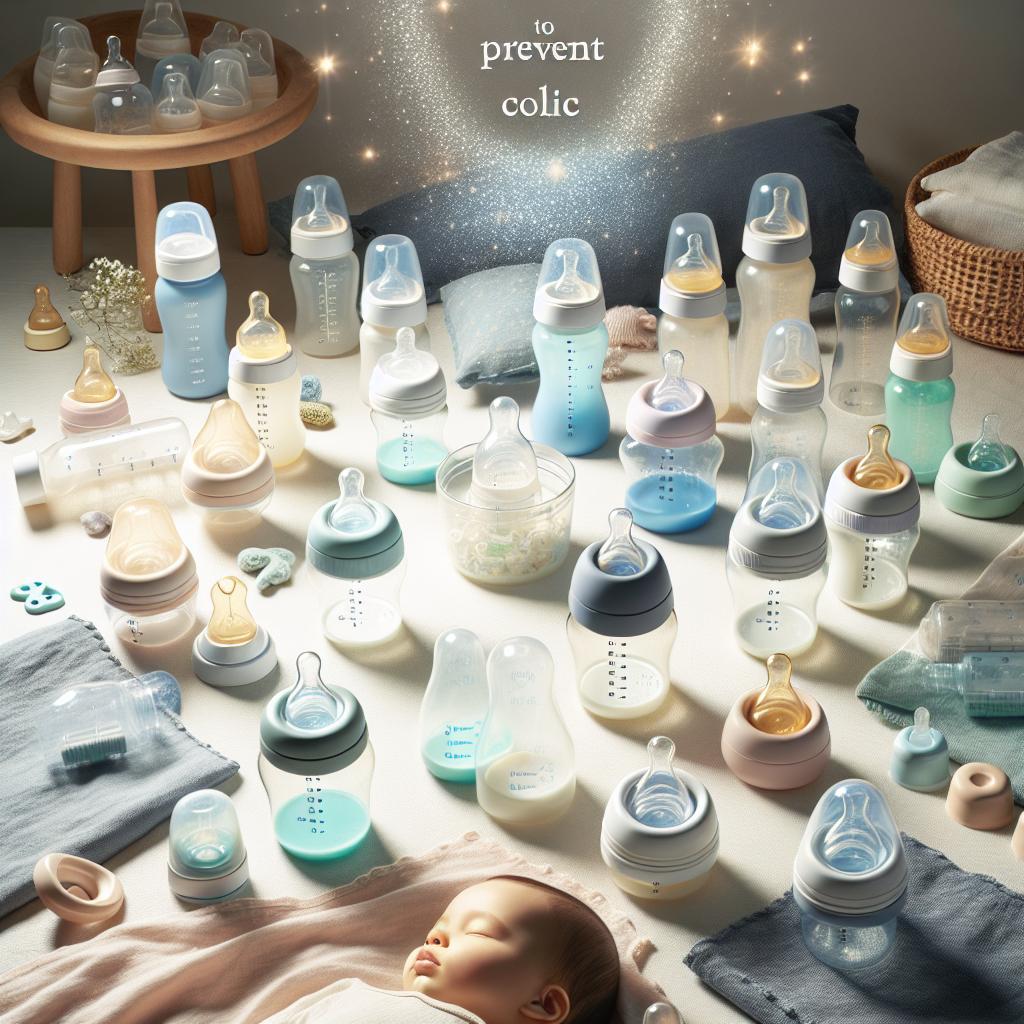Understanding the Emotional Weight of Stopping Breastfeeding
For many mothers, the decision of stopping breastfeeding can be a challenging and emotional one. The beautiful, intimate bonding experience that comes with breastfeeding is unique, and having to let go of it can stir up mixed feelings. Nevertheless, the decision to wean is a personal one, and it’s okay to feel a sense of relief, sorrow, or guilt. Here, we delve deeper into understanding the emotions involved in breastfeeding cessation.
Weaning from Breastfeeding: A Natural Transition
Every mother-baby duo has a unique breastfeeding journey, and all good things must eventually draw to a close. Weaning from breastfeeding is a natural part of the parenting process, and it can arise due to myriad reasons. Whether it’s the mother’s choice, the baby’s readiness, or a medical requirement, it’s crucial to understand that this is just another step forward in the maturation process for both you and your child. For a more in-depth look into the process of weaning, you can visit UpToDate’s guide to weaning from breastfeeding.
Managing Guilt Associated with Breastfeeding Cessation
Despite the seemingly straightforward nature of this transition, many mothers report feeling guilt when stopping breastfeeding. This is often due to societal and internal pressure to breastfeed their children. However, it’s vital to remember that your worth as a parent is not dictated by how long you breastfeed; it’s about offering love, care, and nourishment in whichever form works best for your family. With the right approach and mindset, it’s possible to manage these feelings of guilt effectively.
- Accept Your Feelings – It’s okay to feel the way you do. Acknowledging your emotions is the first step toward dealing with them.
- Seek Support – Reach out to loved ones or join online platforms like BeyondTheBump on Reddit where you can find other parents who are experiencing similar feelings.
- Focus on The Positives – There are many benefits to weaning too, such as returning to certain activities or medications, improved sleep, or increased bonding time with other family members.
For a more fresh and unconventional perspective on this subject, consider reading Cosmopolitan’s article about one woman’s experience switching from breastfeeding to formula.
Forming New Bonds Post-Weaning
While breastfeeding is undoubtedly a special bonding time, it’s not the only way to connect with your baby. Post-weaning, there will be endless opportunities for you and your baby to bond in new and exciting ways. From reading books together, snuggling, singing, taking walks, to even sharing meals, transitions always open doors to new experiences.
The journey from breastfeeding to weaning can be rocky, laden with mixed emotions. It’s essential to be gentle with yourself during this time. Remember, motherhood is not a one-size-fits-all experience, and each family must do what is best for them. Letting go of breastfeeding guilt is a significant step toward that.
It’s completely normal to experience emotional turbulence when you stop breastfeeding. Trusting your own instincts and being attentive to your feelings is key. Always remind yourself that ensuring your own mental well-being is just as important as tending to your child’s needs. According to a Washington Post article, it underscores how maternal mental health affects a child’s well-being too. Remember, a happy, relaxed mom often means a happy, relaxed baby.
Empowering Your Decision to Stop Breastfeeding
There is no one-size-fits-all answer to when and how you should stop breastfeeding. You alone understand your body, lifestyle, and family best. Empowering your decision means acknowledging that stopping breastfeeding doesn’t make you a lesser mother. Instead, it makes you a mother who makes informed decisions for the best interest of herself and her baby. An inspirational read on this topic comes from a The Guardian’s article, challenging the idea that a mother’s devotion is measured by breastfeeding.
Coping Strategies to Manage Breastfeeding Guilt
The feeling of guilt can be overpowering, yet it is manageable. Here are some ways to cope:
- Self-compassion: Be gentle with yourself. Understand that it is okay to feel guilt. What matters is how you manage it.
- Therapy: Seek professional help if guilt starts interfering with your daily living. Therapists provide effective coping strategies.
- Open communication: Talk about your feelings. Sharing with loved ones can help ease your burden.
For more advice on managing breastfeeding guilt, a great resource is a Verywellfamily article where they share professional advice and personal stories.
Looking Forward Post Breastfeeding
Once you’ve crossed the breastfeeding phase, an exciting journey awaits. The time previously spent on nursing can now become time spent exploring new ways to bond and understand your child better. From crawling and walking to even cooking together, every day brings new milestones. An informative guide on stepping forward without guilt can be found on this kinfertility blog.
Remember, You Are More Than Just a Provider
As a mother, you have numerous roles- a guide, a teacher, a friend, and a comforter. Breastfeeding is just one part of this magnificent journey. There’s so much more to the mother-child relationship than feeding preferences. Embrace this transition with an open heart, understanding the innate power of the healing passage of time. Trust in yourself, your instincts, and remember, you’ve got this.
Breastfeeding cessation can often feel like the end of an era and the beginning of another. No matter where you’re headed on this exciting journey of motherhood, it’s crucial to maintain your mental health and maintain open and honest communication with your loved ones and the supportive community around you. Embrace your feelings, seek support, and remember – you are doing your best, and that is more than enough.







